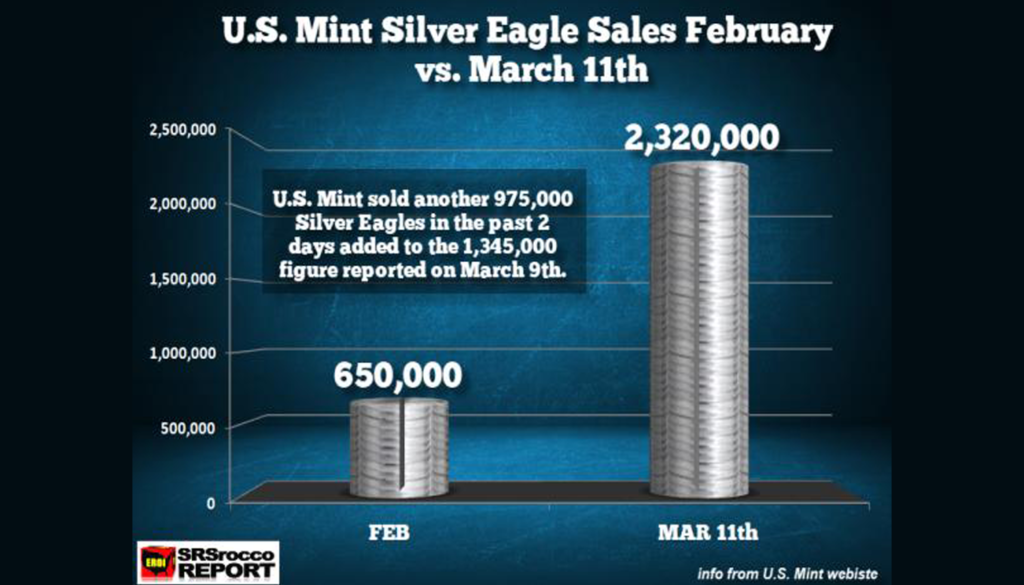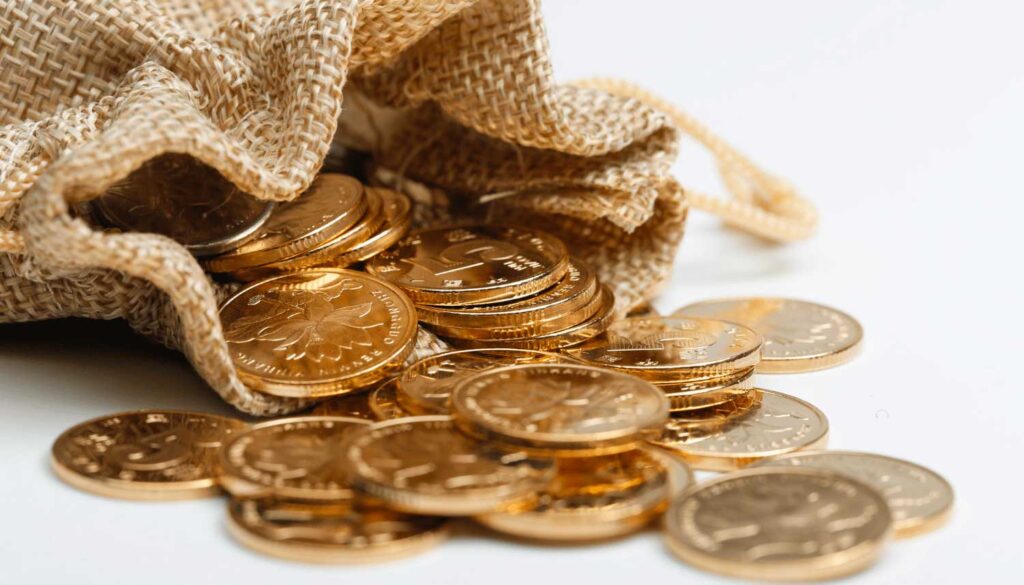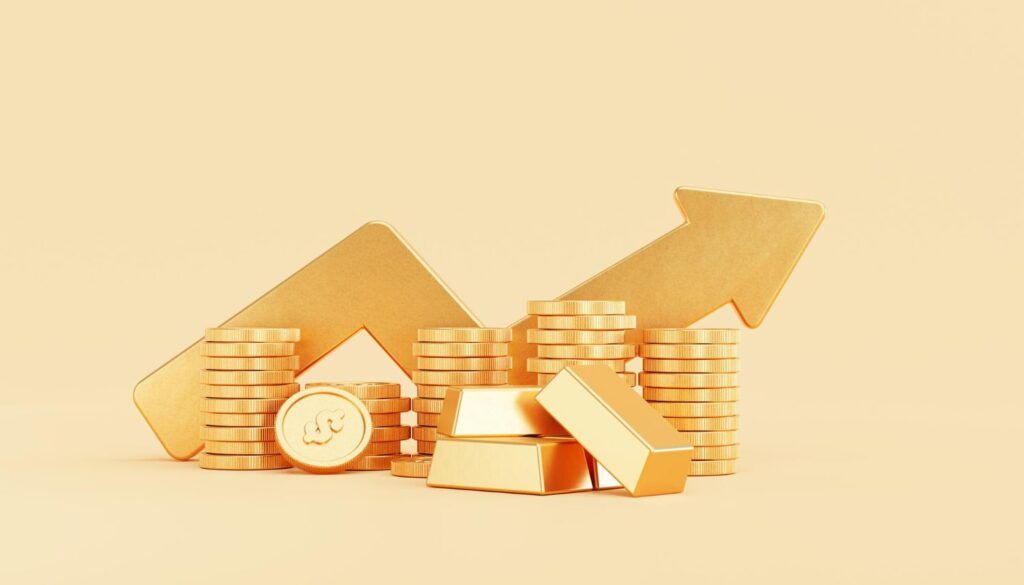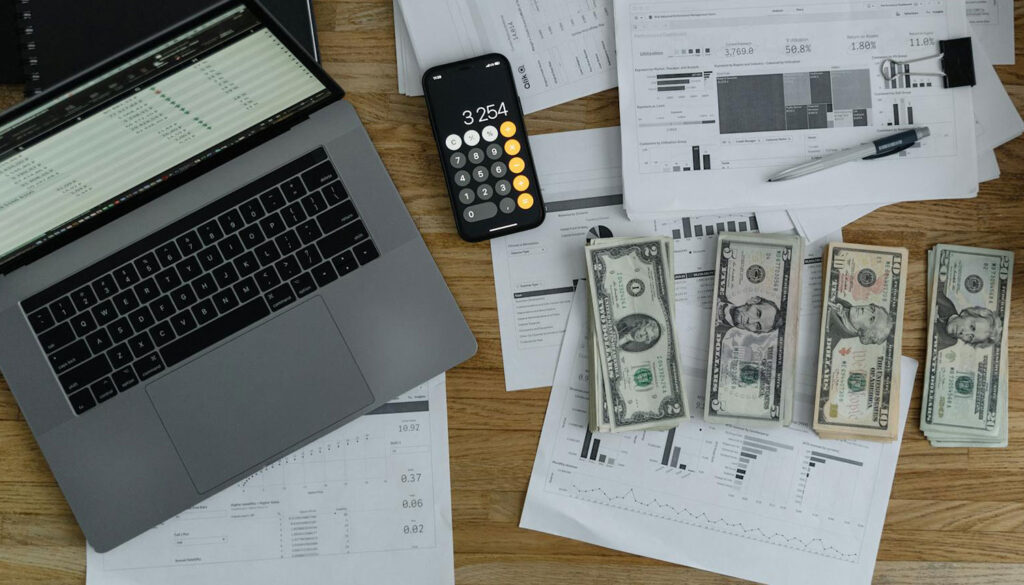Bullion rallied to $1,698 per ounce, a level not seen in almost six months, after data showed manufacturing slowed in August, but it eased back after hitting technical resistance as it approached $1,700.
Spot gold was up 0.14 percent at $1,694.1 per ounce at 1:59 p.m. EDT (1759 GMT). Some traders say there may be enough buying momentum for bullion to re-challenge this year’s high at $1,790.30 per ounce.
U.S. manufacturing shrank at its sharpest rate in more than three years in August and U.S. construction spending fell in July by the most in a year, according to two sets of data. Both reports came hot on the heels of comments from Fed Chairman Ben Bernanke last week that kept alive hopes for new economic stimulus.
In a data-heavy week, investors were looking to the European Central Bank meeting on Thursday and August U.S. employment data on Friday.
“It’s the avalanche of money argument,” James Steel, analyst at HSBC, said of the gains across the precious metals complex.
However, the recent rally has pushed the market into overbought territory, according to the relative strength index, which was at 72 on Tuesday. A reading above 70 typically indicates overbought territory.
Reinforcing the extent of investor appetite for gold, speculative investors added to their net long positions in the latest CFTC report, and data showed hefty inflows into exchange-traded funds in August, taking holdings to record highs.
A new round of quantitative easing — printing money to buy government bonds to keep long-term interest rates low — has ignited fears of inflation further down the road. The first two rounds of U.S. quantitative easing have doubled gold prices in the last four years.
At the ECB meeting on Thursday, policymakers are expected to announce a bond-buying plan to help lower Spanish and Italian borrowing costs.
Analysts said the scope for disappointment from either the ECB or the Fed would likely limit gains in gold for now.
“The fact that the other precious metals are rallying as well, and it’s not just gold, shows it is macro sentiment that is driving the market at the moment,” Andrey Kryuchenkov, an analyst at VTB Capital, said.
“All that promise needs to turn into concrete action. And for gold in the long run, it needs any sort of liquidity boost, or balance sheet expansion, and for (bond) yields to stay low.”
In theory, gold benefits from low borrowing rates because this cuts the so-called opportunity cost — the premium investors forfeit by owning gold rather than a yield- or dividend-bearing asset — of investing in this market.
FED DEPENDENCE
Much of gold’s performance until the end of the year will depend on what steps the Fed takes. Its multitrillion-dollar rounds of bond buying since late 2008 have already attracted record investment in the metal.
In the U.S. government report on August employment, the median forecast of economists polled by Reuters is for a gain of 120,000 jobs, down from 163,000 in July.
“Employment seems to be as important as growth, so the numbers on Friday will most likely sway the Fed ahead of their own meeting,” Saxo Bank senior manager Ole Hansen said.
Some analysts say a number below 100,000 could provoke the Fed to try to boost overall growth with another round of monetary stimulus when it meets in mid-September.
The Fed meets next week to discuss monetary policy.
At the ECB meeting on Thursday, markets are positioned for bank president Mario Draghi to add more detail to his pledge in late July to do whatever it takes to preserve the euro.
Speculation about action was reinforced on Monday when Draghi said central bank purchases of sovereign bonds of up to three years maturity did not constitute state aid.
The ECB said at its last meeting that it would consider buying the government bonds of the more indebted big economies, such as Spain and Italy, to stem the spread of the debt crisis and avoid another full-scale sovereign bailout, following those of Greece, Ireland, Portugal and Cyprus.
The prospect of support for the euro from the ECB has helped keep a pillar of support under the gold price, which tends to weaken when other currencies fall against the U.S. dollar.
Gold priced in euros has touched fresh highs for 2012 this week at 1,346.91 euros an ounce, putting it less than 2 percent below last year’s record high at 1,373.92 euros.
September is generally a month of strong performance for the gold price. On average, over the last 44 years, gold has gained 2.1 percent in September, compared with March, historically the weakest month based on percentage gains, where it has averaged a loss of 0.5 percent.
The gold/silver ratio, which shows the number of ounces of silver needed to buy one ounce of gold and acts as a gauge of the relative performance of both metals, fell to its lowest level since late April on Tuesday.
The silver price has gained nearly 10 percent in the last two weeks, compared with a 3.5 percent rally in gold. Silver was last up 0.59 percent on the day at $32.28 an ounce.
Highlighting how investor appetite for silver has taken off in the last month, speculative holdings of U.S. silver futures in August staged their largest monthly increase since September 2009, according to data from the Commodity Futures Trading Commission last week.
“The silver price should receive additional buoyancy from investment demand above all, both from ETF investors and money managers. We see silver at $35 per troy ounce by year’s end,” said Commerzbank.
The platinum group metals rose in line with a trend upward in other industrial commodities such as crude oil and copper.
Platinum, which rose 8.6 percent last month after a strike at the South African operations of world No. 3 producer Lonmin turned deadly, was up 1.15 percent at $1,562.24.
Palladium was up 1.64 percent at $637.72.
Josephine Mason and Amanda Cooper – Reuters – September 4, 2012






